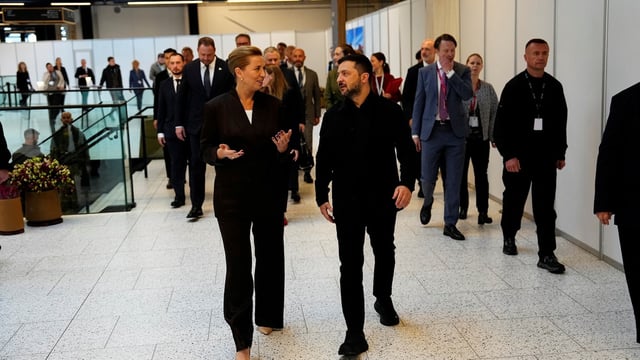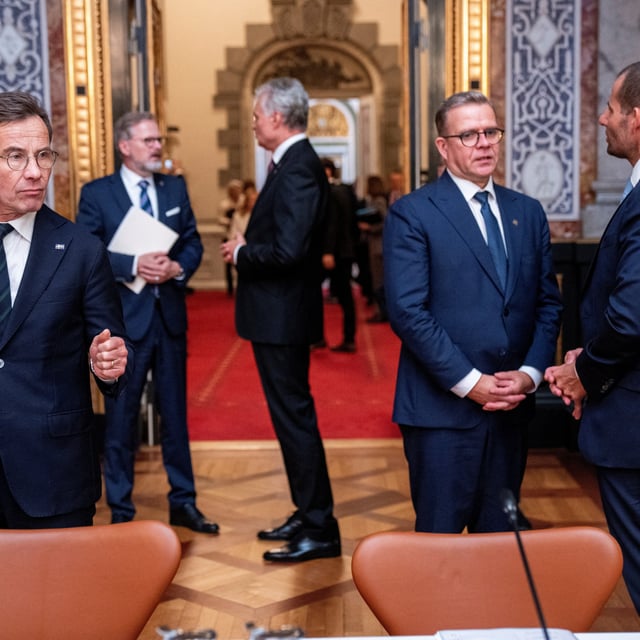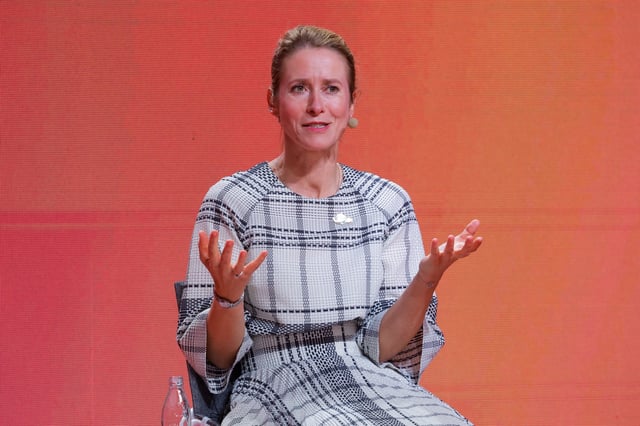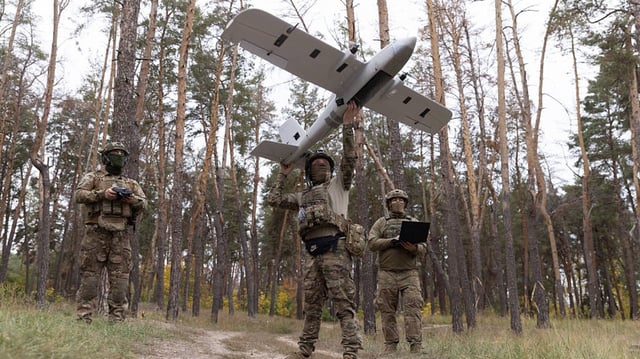Overview
- At an informal Copenhagen summit, EU leaders voiced broad support to explore a reparations‑linked loan for 2026–27, without agreeing a final scheme or timetable.
- The concept would mobilize cash balances from immobilized Russian sovereign assets for a roughly €140 billion loan, with repayment by Ukraine only after Russia pays war reparations.
- Belgium, host to Euroclear where most assets are held, seeks shared guarantees, and the European Central Bank warns that outright seizure could damage confidence in the euro.
- Officials are weighing a coalition‑of‑the‑willing structure and an SPV using zero‑coupon EU bonds backed by national guarantees, while Hungary’s stance and parliamentary approvals remain obstacles.
- As leaders debated next steps, Ukraine received €4 billion from revenues on the frozen assets, G7 finance ministers discussed possible participation, and Moscow threatened harsh retaliation.



